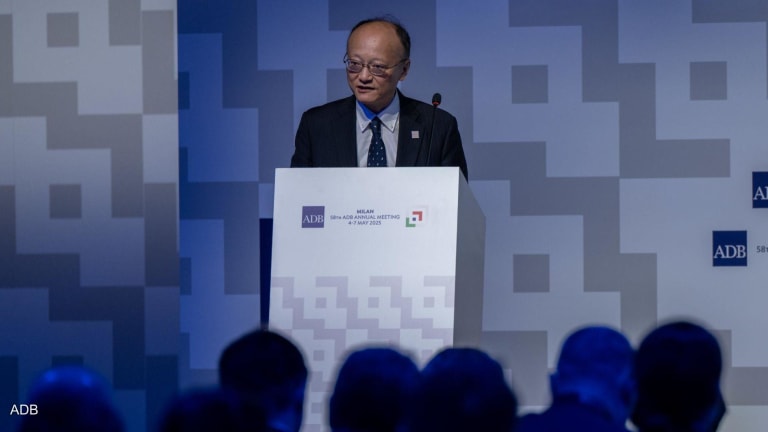The World Bank has recently extended support to rural women, committing additional funds to the Andhra Pradesh Rural Poverty Reduction Project (APRPRP), a program that has improved the lives of some 5.7 million women since its inception in 2003, when the original project was approved by the World Bank. Parmesh Shah is the Senior Rural Development Specialist for the South Asia Region at the World Bank and the APRPRP Team Leader.
The APRPRP is one of the largest projects in the World Bank’s portfolio on women’s empowerment. Parmesh said, “It has supported almost all of the rural poor women in the Andhra Pradesh state, 8.5 million households who have formed half-million self-help groups and 29,000 village organizations.” Parmesh described that self-help groups are composed of 10-15 women who trust each other and come together saving from their own resources. Over time the project helps them look at other opportunities. At the block level (40 villages coming together), they take up larger activities. He asserted, “This has been instrumental in women taking up a range of enterprises and becoming part of businesses and state development programs, roles that women are not normally able to take. For instance, we would not think that a poor woman in a remote village would handle quality control functions for a large agribusiness company in the country.”
The economic empowerment created by the project has resulted in social empowerment. Parmesh explained, “Women have created a space for their own rights and aspirations, at the household community level there have been less incidents of domestic violence reduced by 90 to 95 percent and women have been able to create their own support mechanism influencing the state to be proactive; the police are now very accessible in terms of law and order.” He added that the project is breaking down big barriers in terms of perceptions about the kind of human capital people have.
Parmesh has been working for the World Bank for nine years and has been leading the APRPR project for the last 4 years. He obtained his first degree in Agricultural Engineering followed by an MBA. Although he began his career in business management he quickly shifted to working in the development field. He ran a large rural development project in India and then started his own rural support program, an international NGO which was one of the pioneering agencies working on participatory models of development. He occupied this position for 12 years before attending the Development Studies Institute at Sussex University to complete a PhD in Development Studies.
The APRPRP has achieved its rural development goals by integrating various disciplines, thereby creating a new architecture for rural development based on people’s own capacities. Social and human capital is ultimately transformed into economic capital. Parmesh believes that investors such as banks and private sector agencies are going to become bigger players in development in the future. A total of 49 countries have shown interest in replicating this approach, adapting it to the context in which they are being implemented. The project is already being duplicated across many Indian states. “We can scale it up significantly across the world to obtain strong economic outcomes for the poor and achieve the Millennium Development Goals (MDG), which look unrealistic in certain regions. From our experience in India we are very hopeful that we will achieve the MDGs much before 2015,” Pramesh affirmed.




